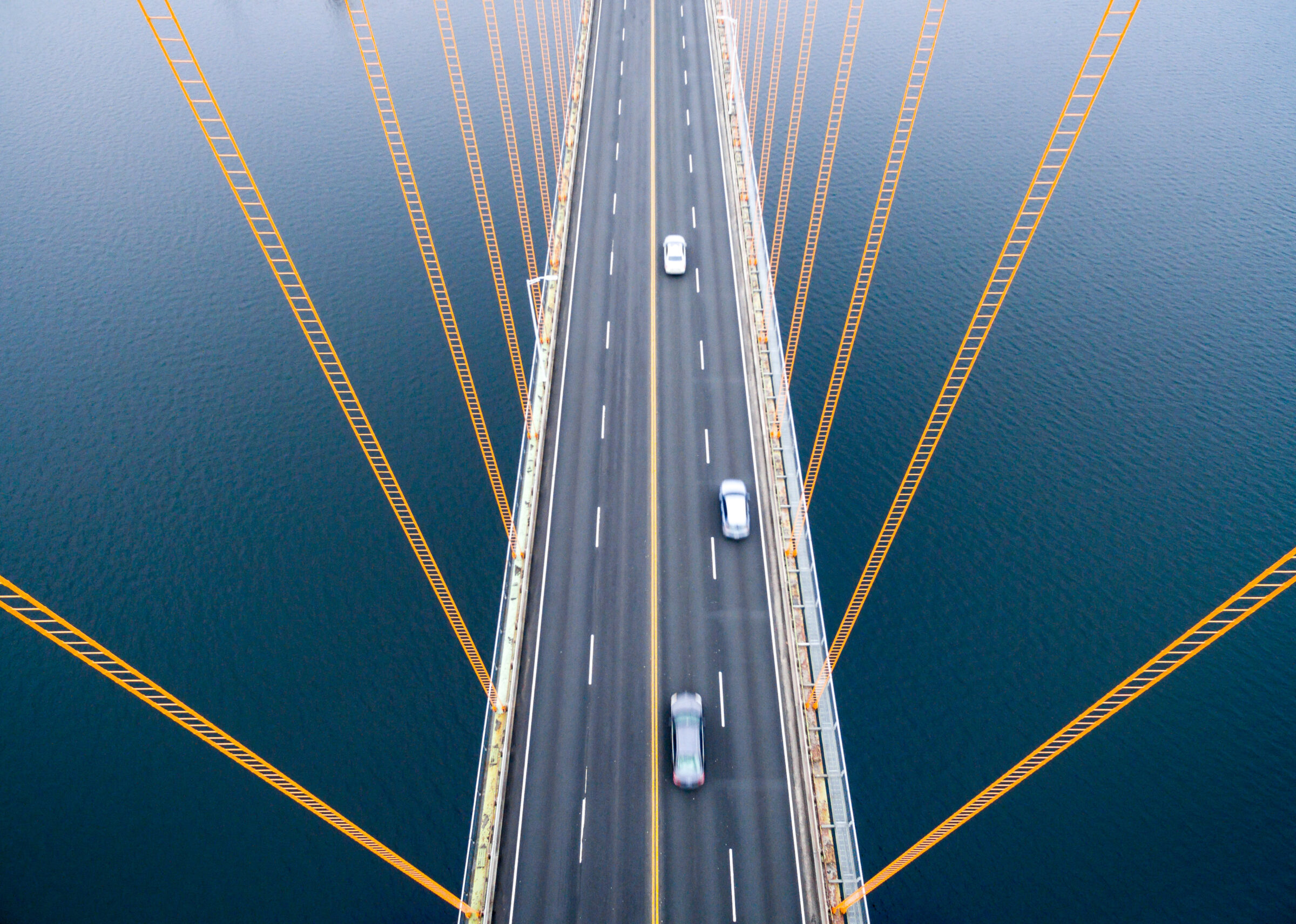Wealth & Poverty Review Creating Confusion
Entrepreneurs did build those businesses. They built those roads and bridges, too.
In a market economy, which comes first – the creation of wealth, or government funding? Wealth has to be created first, doesn’t it? Otherwise, there’s no way to pay for the government. No private wealth production, no tax receipts. No tax receipts, no Department of Transportation. It isn’t a chicken and egg conundrum. Wealth has to be created into existence for it to be taxed. Only then can we construct our bureaucracy.
The president’s “you didn’t build that” gibberish last month was perfectly backwards. Implying that a taxpayer-funded “common good” makes private success possible puts the cart before the horse. The public is paid for by the private. The Departments are financed by the CEOs. It’s the entrepreneur who mans the vanguard of economic production, not the bureaucrat, and not the politician.
The examples Obama used to show how crucial government funding is to growth actually undercut his own case. As I pointed out in a late-night rant, somehow published in Friday’s Investors Business Daily, those roads and bridges he referred to were built by private companies. An engineering firm won the contract to build that bridge, and a private construction company paved those roads and built those schools. The government didn’t create those things. It only funded them with the private sector’s money. (Mostly successful people’s money, by the way.) The private sector did the rest.
Historian Jim Powell made a similar argument over at Forbes, that entrepreneurial success can come before government help, and has. He notes that some of the first transportation routes weren’t developed by governments at all, but by trailblazing merchants opening up different markets in which to trade. The first great “road,” China’s Silk Road, was forged by traders traveling between the massive European, Middle Eastern and Asian markets. The first trails in colonial America were developed by fur traders and settlers, years before government decided to involve itself. The list goes on.
The point isn’t that government has no role in wealth creation. Of course it does. Property rights and the rule of law bring structure and predictability to the playing field. National defenses keep the field safe, and courts and prisons enforce the rules on rule breakers. Without a stable government, “this unbelievable American system” does indeed collapse. We need a basic foundation to start with, enforced through a taxpayer-funded legal system, before heading out, working hard, and producing wealth for ourselves and our families.
Good government can make that kind of financial success possible. But it doesn’t create it. Entrepreneurs do. And they build those roads and bridges, too.

